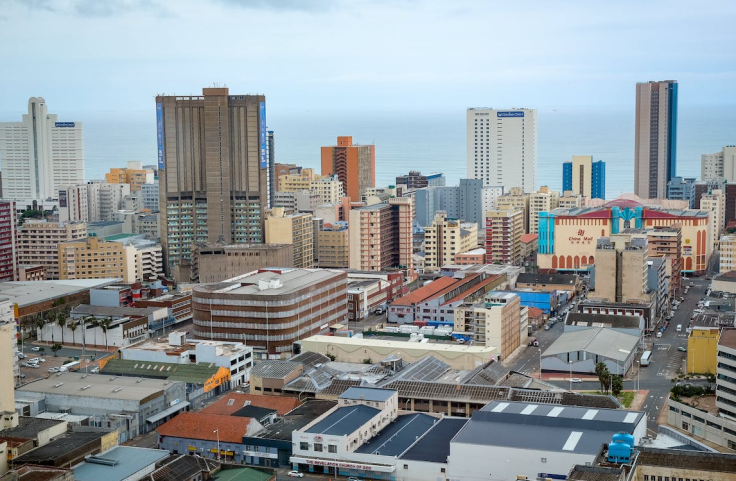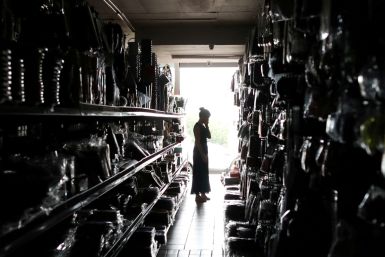Diversification Of Water Resource Mix Key For Water Security: Minister Mahlobo

Water and Sanitation Deputy Minister David Mahlobo highlighted the need to diversify the mix of South Africa's water sources to keep water supplies safe.
During the Inaugural Built Environment Indaba hosted by the Black Business Council in the Built Environment held in Gauteng, the minister explained that this event is focused on bringing together people in the industry to work together.
Mahlobo said that right now, the amount of raw water South Africa matches the need across the country. However, he acknowledged that the government is aware that in some places, there's not enough water available locally, SA News reported.
The minister said the government already allocated 98% of the water. However, he emphasized the need for broadening of water resources mix such as groundwater, desalination of seawater (even though technology remains expensive), water reuse from treated wastewater systems and water reclamation to secure water supply for the future.
As part of this plan, the country is invested in several water projects to address water shortages and improve access to water in various regions across the country.
Among others, the minister highlighted the R40 billion phase 2 of the Lesotho Highlands Water Project; R26 billion uMkhomazi Water Project in KwaZulu-Natal; R4 billion phase 2A of the Mokolo Crocodile Water Augment Project in the North West and Limpopo
The nation is also betting on the R12 billion Olifants River Water Resource Development project in Limpopo; R10 billion Vaal Gamagara project in the Northern Cape; and the R8 Billion Mzimvubu Water Project in the Eastern Cape.
While it's important to focus on increasing the water supply, Mahlobo also stressed the importance of conserving water and managing how much water is being used.
The Deputy Minister warned that the amount of water available in South Africa could drop quickly due to economic growth, population surge, expansion of cities, inefficient water management, damage to wetlands and the impact of climate change.
Mahlobo also delved in to the financial problems faced by the municipalities, noting that they owe R19 billion to water boards.
The minister said one of the biggest problems in the water sector is improper treatment of drinking water and wastewater, and failure to adhere to the right guidelines.
Infrastructure often gets neglected because there isn't enough maintenance done, and municipalities struggle to hire skilled people to manage these important tasks. Furthermore, problems with billing and collecting money from customers as well as inadequate budget prioritization for maintenance and operations by municipal councils aggravate the challenges in the sector.
Mahlobo noted that the Department of Water and Sanitation (DWS) and water boards are supporting many municipalities to implement improved plans.
DWS, the Department of Cooperative Governance and Traditional Affairs, the Municipal Infrastructure Support Agency, the Department of Human Settlements and the National Treasury have allocated water and sanitation infrastructure grants worth more than R20 billion to municipalities per year.
Mahlobo assured that South Africa will not run dry by 2030, but there will be challenges if there is no change in the way of doing things.
Last month, the National Treasury expressed its concerns over the low spending of infrastructure grants by municipalities in the second quarter of the 2023-24 financial year.
© Copyright 2025 IBTimes ZA. All rights reserved.

















